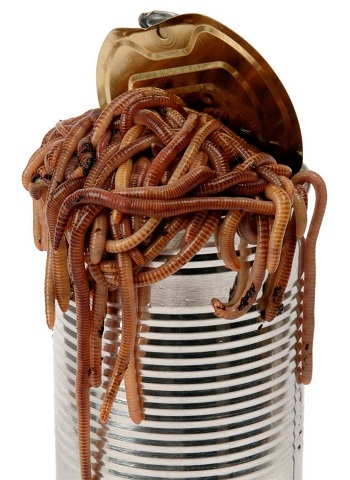THIS IS REVIVAL
 THIS IS REVIVAL
THIS IS REVIVAL
The beginning of every God-sent revival starts with Him opening the “can of worms” in the heart of the Christian. It may also include the “can of worms” in our families. It will almost always include the “can of worms” in our churches.
Secret sins may successfully be hidden from others, but God sees all (Hebrews 4:13).
When we live with secret sins—sins that have been buried, swept under the rug, or “sealed in a can,” the prayers we offer to God are not received. Instead of our prayers ascending into His presence like a sweet-smelling aroma (Revelation. 8:3; Genesis 8:21), there is instead a stench (Isaiah 3:24).
God has no obligation to hear the prayers of the unrepentant. (Psalms 66:18; Isaiah 59:2; John 9:31; 1 Peter 3:12; Romans 8:8)
All our prayers for revival, if they do not originate from a pure heart, are a waste of time (Psalms 24:3-4).

Revival is God pulling back the rug, exposing the sin that has been swept under it, and bringing it to light so it can be dealt with properly.

